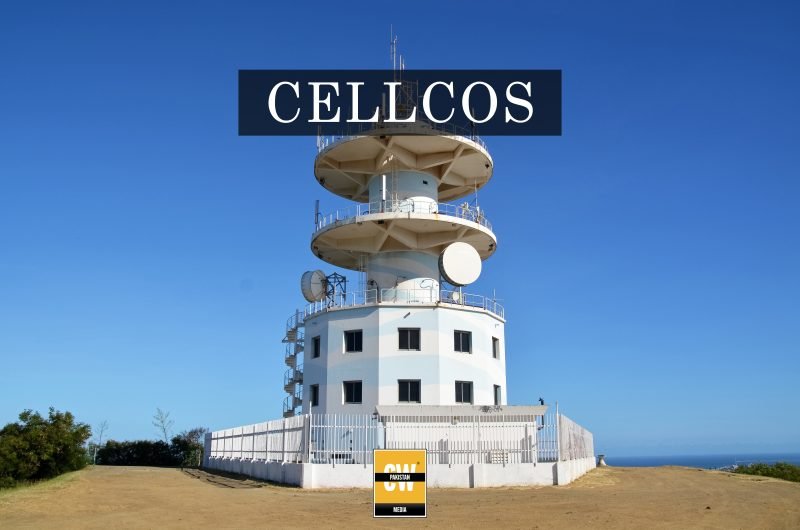ConnectHear, a leading Pakistani social enterprise driving disability inclusion through technology, has partnered with Ufone 4G to introduce the world’s first AI-powered early warning system designed specifically for the Deaf and hard-of-hearing community. Named ‘SUNO’, the platform delivers real-time emergency alerts in sign language, ensuring that individuals with hearing disabilities receive timely and life-saving information during natural disasters such as floods and earthquakes. The initiative is supported and funded by the GSMA Mobile for Humanitarian Innovation Fund, representing a significant step forward in bridging accessibility gaps through digital innovation.
Developed using advanced AI technology, SUNO translates emergency notifications into sign language videos that are distributed instantly through Ufone’s WhatsApp bot. This allows critical alerts to reach Deaf users across Pakistan free of cost, regardless of their location or network limitations. ConnectHear manages the creation of sign language content using AI tools that ensure accuracy, clarity, and speed, while Ufone 4G provides the infrastructure to distribute these alerts nationwide. The system aims to transform how emergency communication is managed for communities that have historically been excluded from mainstream information channels.
Hatem Bamatraf, President and Group CEO of PTCL & Ufone 4G, emphasized the company’s commitment to technology with purpose under the ‘Dil Se’ platform. He said that the collaboration with ConnectHear demonstrates the group’s belief in inclusive connectivity that benefits every segment of society. “Our partnership with ConnectHear reflects our belief that true digital inclusion leaves no one behind. Through this initiative, we are using technology to create impact that truly matters,” Bamatraf said. His remarks highlighted how telecom networks can play a vital role in delivering social impact through technological integration.
Azima Dhanjee, Co-founder of ConnectHear, noted that the Deaf community has long faced isolation during emergencies due to the absence of accessible alert systems. “In an emergency, communication isn’t just important, it’s a matter of life and death. For too long, Deaf individuals have been cut off from urgent alerts and must rely on others during a disaster. With this project, we’re changing that,” she said. Dhanjee added that SUNO demonstrates how accessibility can be treated as a core element of disaster preparedness rather than an afterthought, expressing gratitude to Ufone 4G for its role in realizing this initiative.
Kimberly Brown, Head of Mobile for Humanitarian Innovation at GSMA, underscored the global importance of inclusive technology. She stated that projects like SUNO showcase how mobile innovation can ensure that marginalized communities are informed and protected during crises. “Through the GSMA Innovation Fund for Humanitarian Challenges, we are proud to back ConnectHear’s AI-powered platform, which brings life-saving information to Deaf communities in Pakistan,” Brown said. She acknowledged the contribution of Ufone 4G as a GSMA member, whose network and operational support made widespread accessibility possible.
The launch event in Islamabad demonstrated the potential of collaboration between technology, social innovation, and mobile infrastructure to advance inclusivity. It marks a defining moment in Pakistan’s journey toward equitable digital transformation, setting a new standard for how emergency response systems can be designed to reach every citizen, regardless of physical ability.
Follow the SPIN IDG WhatsApp Channel for updates across the Smart Pakistan Insights Network covering all of Pakistan’s technology ecosystem.










